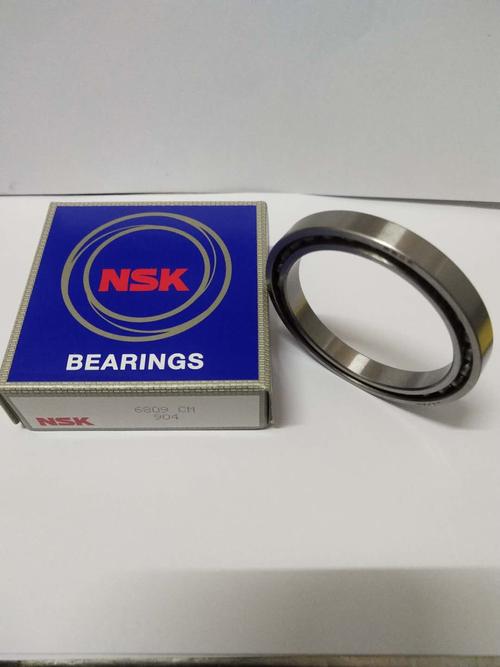Top Ceramic Hybrid Bearings Suppliers: Quality, Applications
Introduction
Ceramic hybrid bearings have revolutionized precision engineering across industries. As demand grows, finding reliable ceramic hybrid bearings suppliers becomes critical for businesses seeking enhanced performance and durability. This guide explores key aspects of these advanced components while highlighting trusted suppliers in the market.
What Are Ceramic Hybrid Bearings?
Ceramic hybrid bearings combine steel races with ceramic rolling elements (typically silicon nitride). This fusion delivers superior performance compared to traditional all-steel bearings. Leading ceramic hybrid bearings suppliers engineer these components to withstand extreme conditions while maintaining operational efficiency.
Advantages of Ceramic Hybrid Bearings

1. Reduced Friction: Ceramic balls minimize heat generation
2. Corrosion Resistance: Ideal for harsh environments
3. High-Speed Capacity: Maintain stability at RPMs exceeding 500,000
4. Electrical Insulation: Prevent current-induced damage
5. Extended Lifespan: Last 3-5x longer than steel alternatives
Key Applications
Premium ceramic hybrid bearings suppliers serve multiple industries:
• Aerospace: Turbine engines & flight control systems
• Medical: MRI machines & surgical tools
• Automotive: Electric vehicle motors
• Industrial: CNC machinery & robotics
Selecting Suppliers: 5 Critical Factors
1. Material Certification (ISO 26602 compliance)
2. Customization Capabilities
3. Quality Control Processes
4. Industry-Specific Expertise
5. Global Logistics Support
Industry Trends
The ceramic hybrid bearings market grows at 8.7% CAGR (2023-2030). Suppliers now focus on:
• Nanostructured ceramic materials
• IoT-enabled condition monitoring
• Sustainable manufacturing processes
Why Choose Our Recommended Suppliers?
Our vetted ceramic hybrid bearings suppliers offer:
• ISO 9001-certified production
• 24/7 technical support
• Competitive OEM pricing
• 3-year performance warranties
FAQs
Q1: How do ceramic bearings handle thermal expansion?
A: Silicon nitride exhibits lower thermal expansion than steel, ensuring stable clearance.
Q2: Can hybrid bearings work in vacuum environments?
A: Yes, they’re preferred for space applications due to outgassing resistance.
Q3: What lubrication do ceramic hybrid bearings require?
A: Most use minimal grease, while some high-speed versions run dry.
Q4: How do I verify supplier credentials?
A: Request material test certificates and client references.
Conclusion
Partnering with qualified ceramic hybrid bearings suppliers ensures access to components that boost machinery performance and reduce downtime. Contact our recommended suppliers today for customized solutions matching your operational requirements.




 13869596835
13869596835